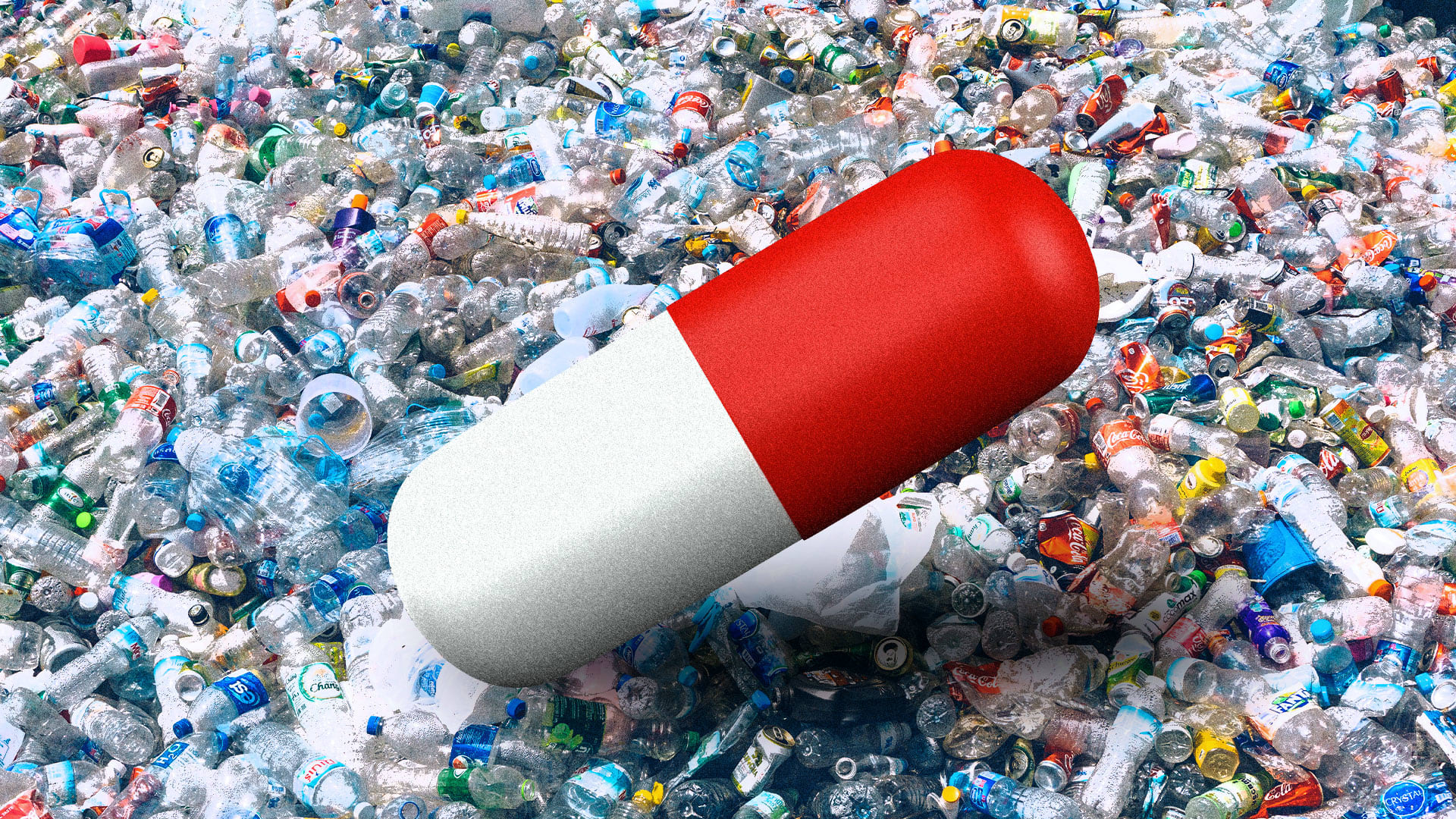
""We're able to transform a prolific environmental and societal waste into such a globally important medication in a way that's completely impossible, using chemistry alone or using biology alone," says study coauthor Stephen Wallace, a chemical biotechnologist at the University of Edinburgh in Scotland."
"The transformation relies on a chemical process known as a Lossen rearrangement, which can convert one kind of molecule into a different kind of molecule. Scientists have known about the Lossen rearrangement for more than 100 years, but generally observe the phenomenon in a flask or a test tube."
A study by scientists at the University of Edinburgh demonstrated the conversion of plastic waste into paracetamol, the active ingredient in Tylenol, using genetically altered E. coli bacteria. The process starts with breaking down polyethylene terephthalate (PET), a common plastic, into a precursor molecule. The modified E. coli utilizes enzymatic reactions to achieve a high conversion rate of 92%. This innovative research could pave the way for sustainable waste management and pharmaceutical production, potentially influencing larger-scale applications in collaboration with companies like AstraZeneca.
Read at Fast Company
Unable to calculate read time
Collection
[
|
...
]